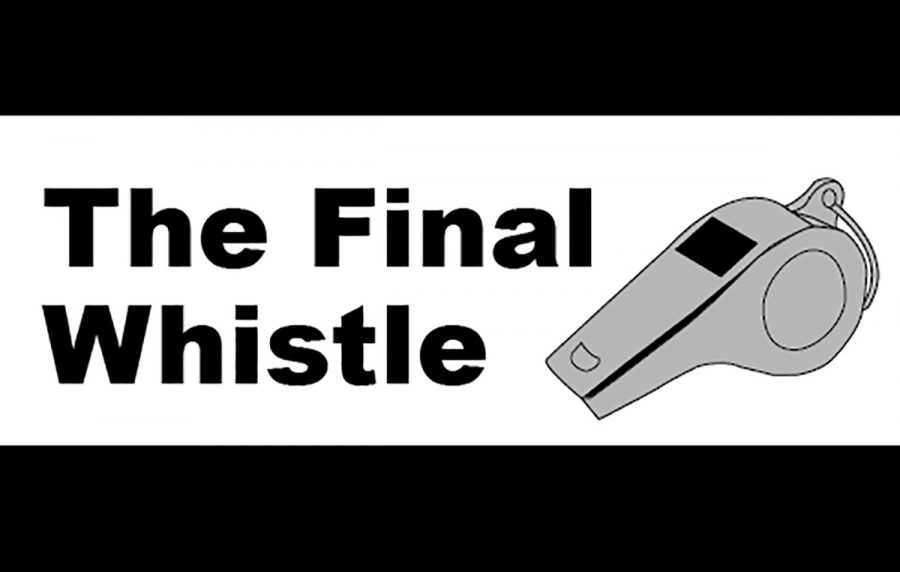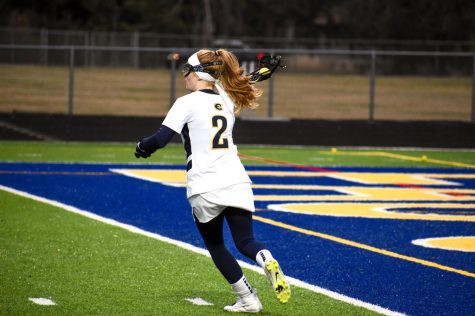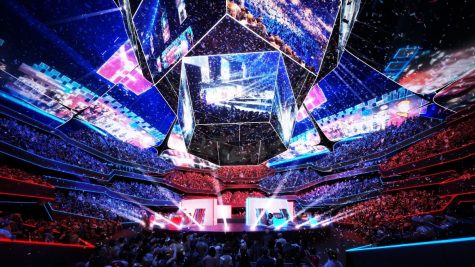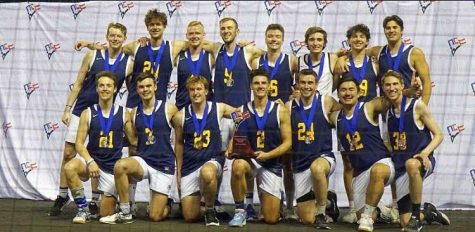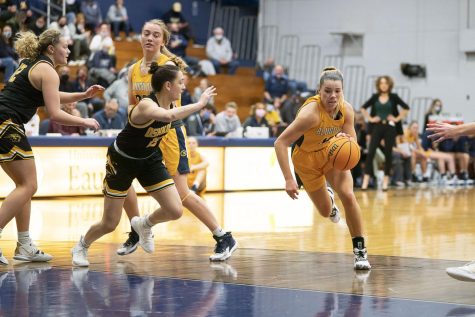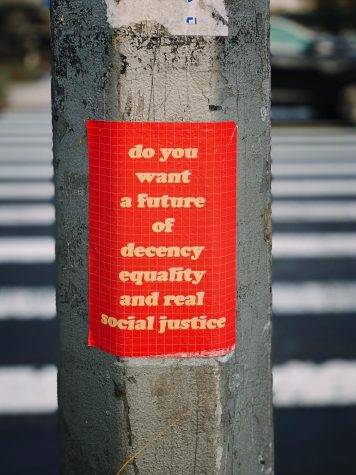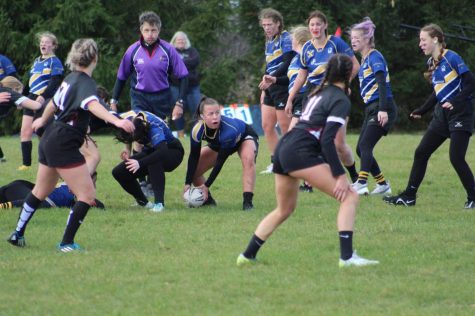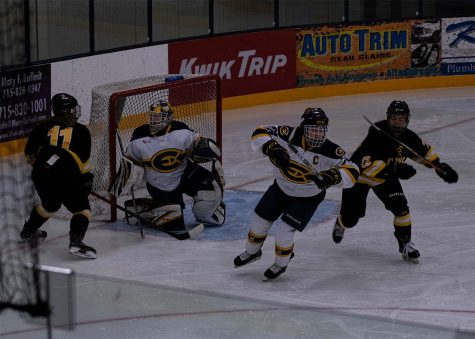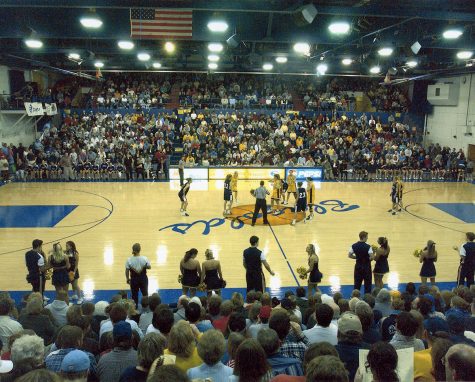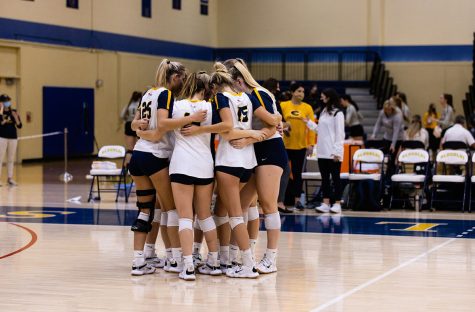The Final Whistle
The impact of trade demands and holdouts in the NFL
More stories from Jon Fortier
Photo by Savannah Reeves
The NFL Draft has come and gone again. This past weekend, several former college stars had their names announced and found out what team they will be playing for in the fall. These players represent the future of the game, but it is the elite veterans that have stolen the headlines this offseason.
It is now common practice for unsatisfied players to demand trades or holdout for a better contract and not participate in team activities. Several stars come to mind, but the two that have changed the way teams do business are Antonio Brown and Le’Veon Bell.
At the conclusion of last season, wide receiver Antonio Brown demanded a trade from the Pittsburgh Steelers citing turmoil with other star players in the locker room. First, Brown accused quarterback Ben Roethlisberger of having an owner mentality and being difficult to work with. Then, the team voted fellow wideout, Juju Smith-Schuster, the season MVP, which rubbed Brown in the wrong way. This led to Brown submitting a trade demand and is now labeled a diva by many.
Brown ended up getting what he wanted and was traded to the Oakland Raiders for a miniscule third- and fifth-round pick.
Brown had every right to be upset with the organization and his teammates in the sense that he is arguably the best wide receiver in the NFL. However, this is dangerous to the NFL and how they operate, as well as other players that will follow him.
When a player signs a contract, there is really no way to leave a team without a release or a trade. This is beneficial to the NFL and its owners in a sense that it has total control over the players and their futures.
In the perspective of the player, there is no guarantee that they will land on their feet on a new team if they make this sort of demand. Bell paid the price last season when he sat out the entire year after being franchise tagged by the Pittsburgh Steelers. A franchise tag is when a team uses the tag to keep control of a player for up to three extra years at a premium league set price. Bell would have made about $14 million, but would have had no guarantee of money after the end of the season.
Bell ended up signing a four year $52.5 million contract with the New York Jets this past March. This means that his gamble of sitting out an entire season has paid off.
The guarantee of an extended length contract offers players peace of mind in case they get injured throughout the course of their contract and will still get paid while recovering. The downside of this is that the teams have to pay a player to ride the bench with no guarantee that they will be the same caliber player once they are healthy and once again able to play. The upside for the teams is that it offers long term roster stability.
There are arguments to be made for both sides and they are both right, but there needs to be a balance. This will certainly be a heated issue during the next collective bargaining agreement talks at the conclusion of the 2020 season.
Overall, I feel that players like Brown and Bell are ruining the game. I understand that these athletes are people with jobs and lives just like the rest of us, but to demand trades and hold out tarnishes the image of the league and diminishes the interest of the fans. The league already has enough problems and seems like more of a soap opera rather than a league where professional adults get paid millions of dollars to entertain the masses. What is next? Make sure you enjoy the next two seasons of the NFL, because I foresee a year without football in 2021.
Fortier can be reached at [email protected].

